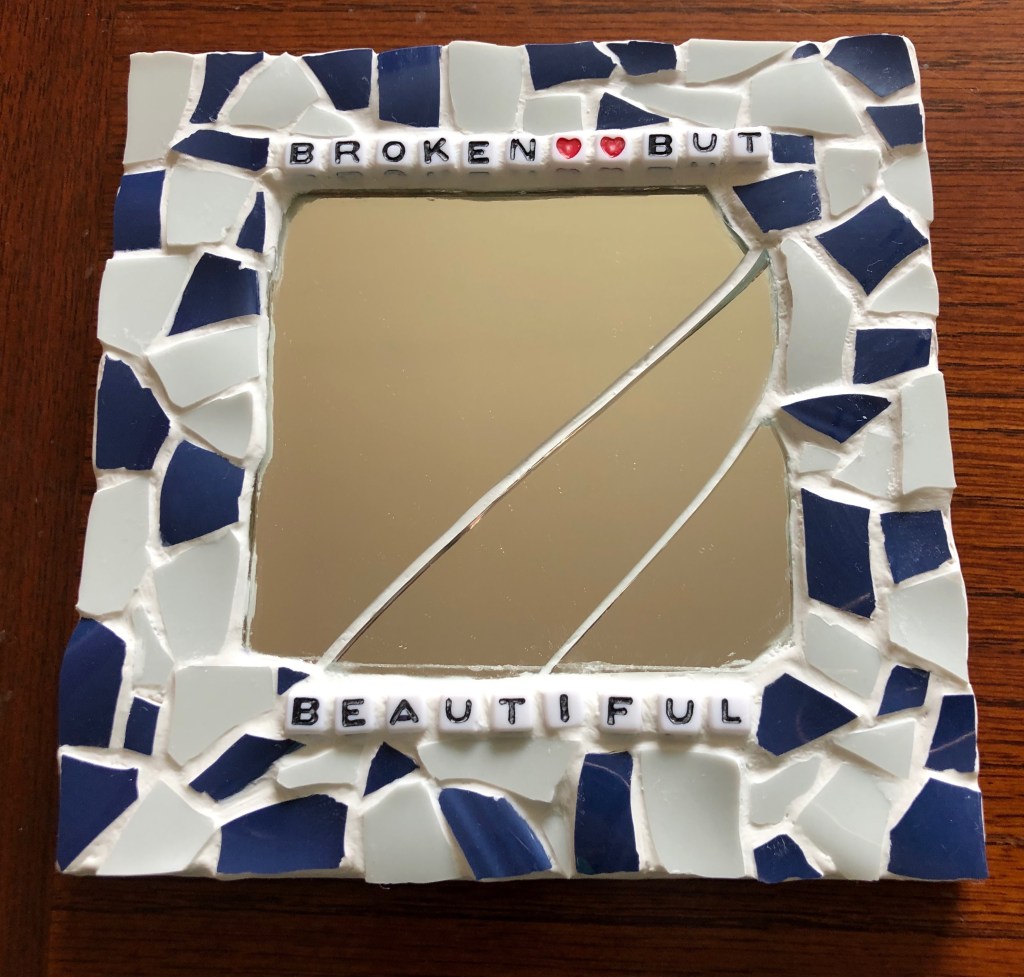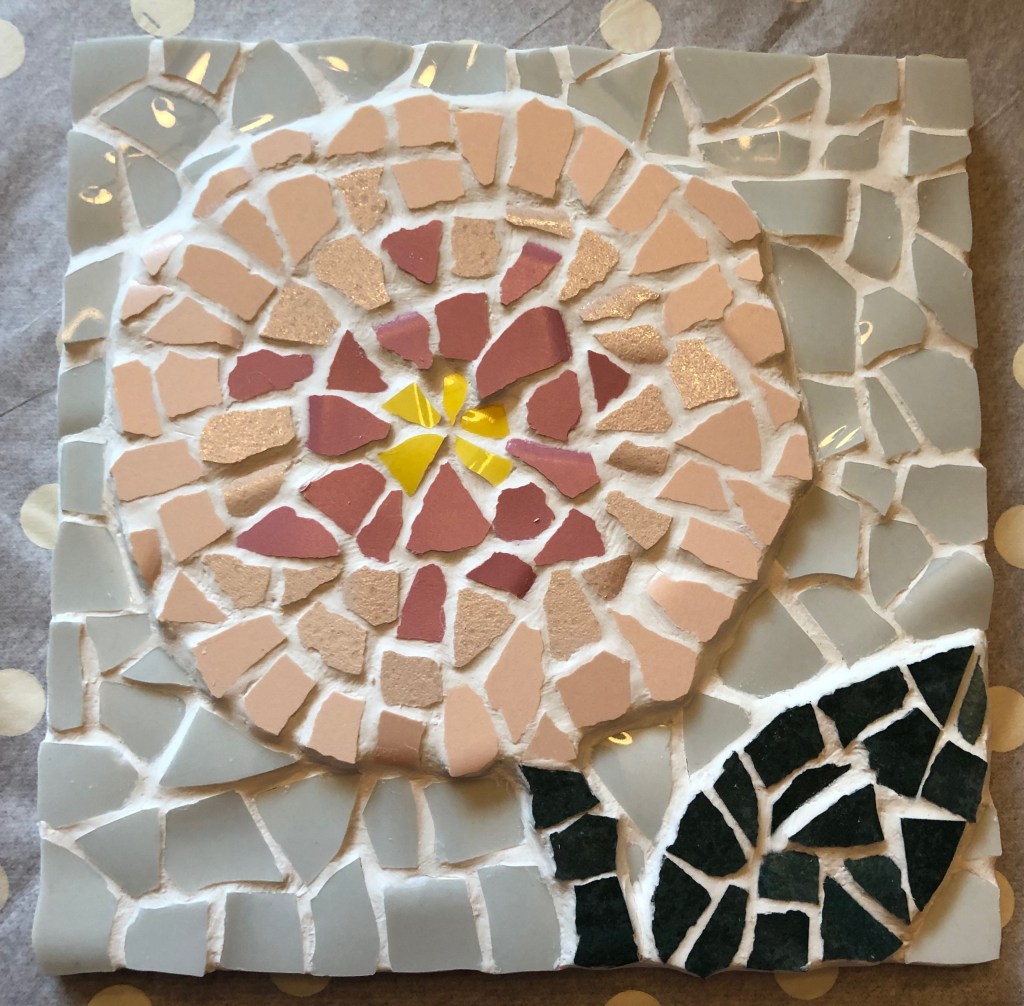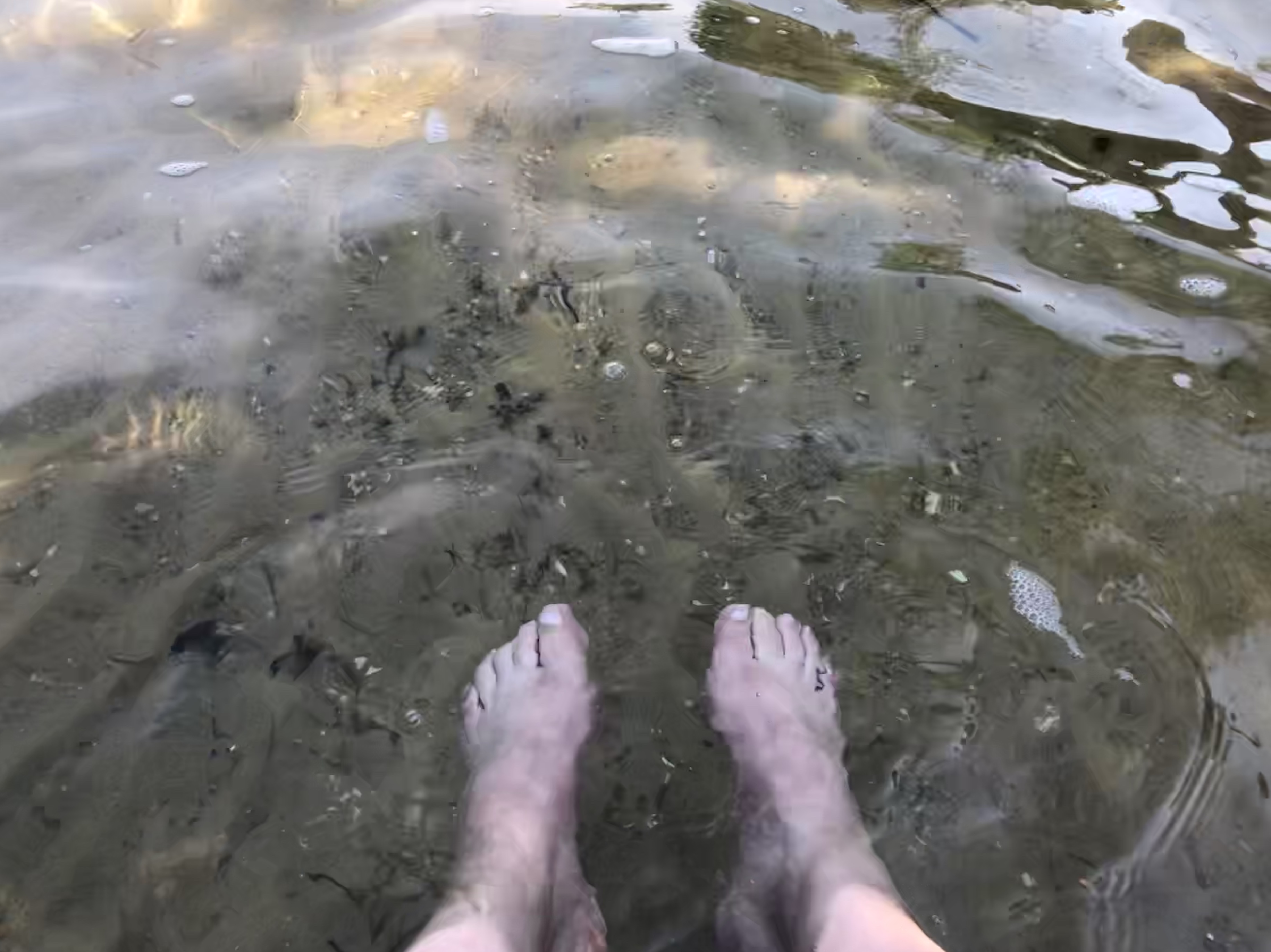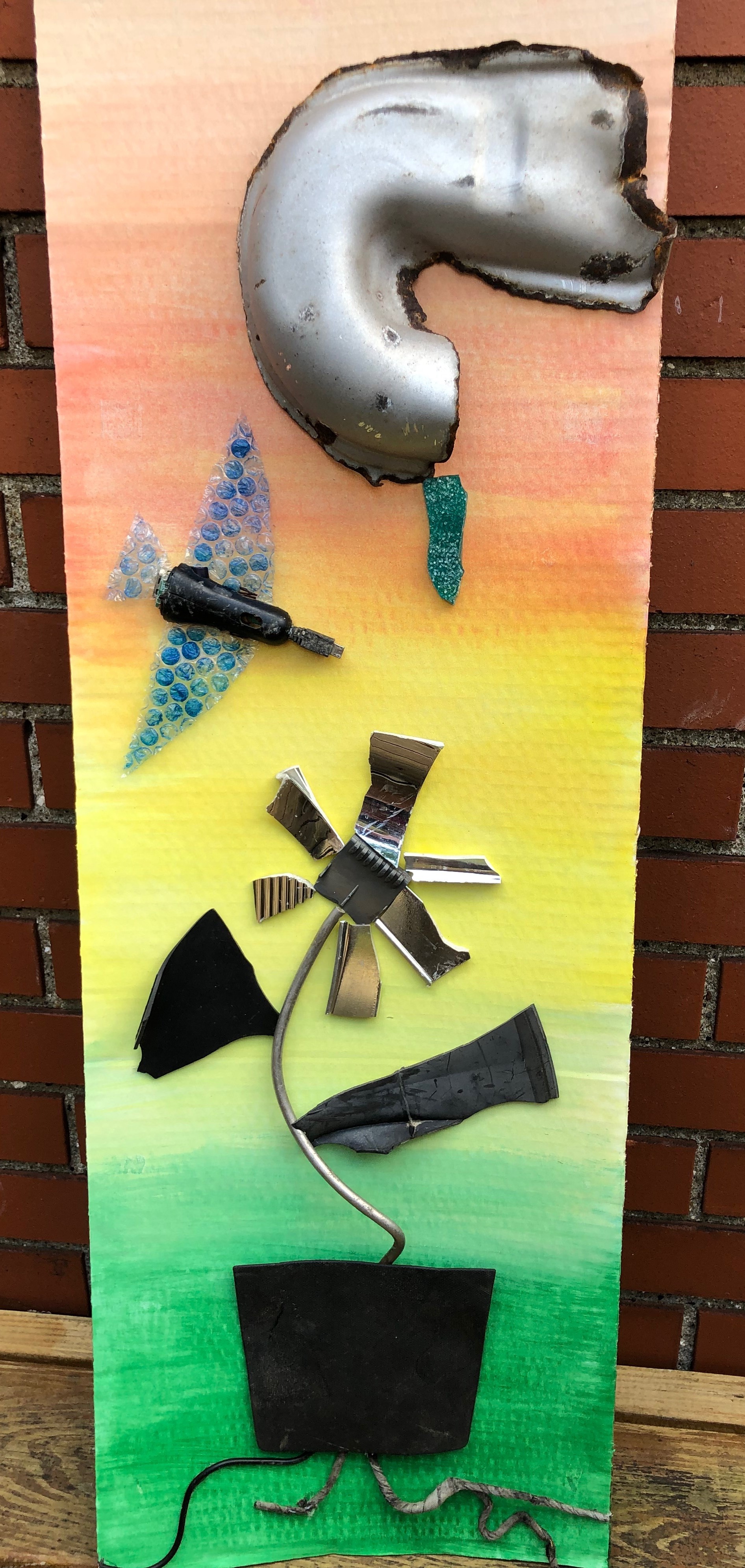Ah, October. Time for store end caps to display pink products of every ilk and Facebook feeds to fill with pink ribbons. People who are affected by breast cancer have many different feelings about this month, not all of them positive, but I won’t go there.

Instead, I thought I’d do some awareness raising about METASTATIC breast cancer—or MBC. Stage 4 breast cancer. Because that’s the type that kills people. If we can stop breast cancer from progressing to MBC, we can stop people from dying from breast cancer.
Did you know?—
- An estimated 154,000 women are living with MBC; 42,000 of them will die this year (about 115 each day). Men get MBC, too, but in small numbers, and I didn’t find stats on that.
- Three out of 4 of them originally had an earlier stage of breast cancer (stages 1-3) and saw their cancer return in other areas of their body (typically liver, bones, lungs, brain). That’s what metastasis is—the spread of cancer from one part of the body to other parts.
- The other one-quarter of women with MBC were diagnosed with this advanced cancer out of the gate (called de novo).
- An estimated 20-30% of women with early stage breast cancer will develop MBC—maybe immediately, maybe many years later.
- We don’t have really good statistics on women with MBC because the cancer registries don’t collect data on women with distant recurrence (metastases). The registries currently only collect initial breast cancer diagnoses.
Survival rates for MBC have improved over the past several decades, but prognosis still isn’t great. According to a 2018 study published in JNCI Cancer Spectrum, an international, peer-reviewed, open access journal:
- The median survival increased from 21 months to 38 months from 1990 to 2010. That means, based on the latest data available, the average survival is now 3 years, 2 months.
- But survival rates are not uniform among women with MBC. There are differences by type of MBC.
- For patients with estrogen receptor (ER)-positive MBC, the median survival increased during 1990–2010 from 32 months to 57 months (4 years, 9 months), and for ER-negative MBC patients from 14 months to 33 months (2 years, 9 months). **I have ER-positive MBC so I suppose I’m one of the lucky ones.
- Among studies of patients with de novo stage 4 MBC, median survival increased during 1990–2010 from 20 months to 31 months (just over 2-1/2 years).
- Average survival times are just that—averages. Women’s experiences can vary widely depending on how aggressively their cancer is growing, how well they respond to treatment, how well they tolerate treatment side effects, how much their cancer morphs and mutates, what other health conditions they have, how old they are, and any host of other factors.
Data talk about survival rates for women with MBC. But what they don’t talk about is what living with the disease is like. Women with MBC will be in treatment for the rest of their lives. Because the treatments they receive are intended for the long(er) haul, they may not cause some of the same effects as treatments given to women with early stage breast cancer. Many women with MBC can push through life looking like everything is “normal,” but they face many struggles.
- Many face pain or other discomfort every day.
- Most face side effects from treatment—nausea, loss of appetite, diarrhea, dizziness, extreme fatigue, dry mouth, mouth sores, lymphedema, hand-foot syndrome, hyperglycemia, low red blood counts, low white counts resulting in compromised immune systems, cough…. the list could go on.
- Many can no longer work due to pain, fatigue, and other symptoms of disease. They may go on permanent disability and experience a significant cut in income as well as the loss of a job they enjoyed or that brought them a sense of pride and accomplishment.
- Many experience anxiety, depression, and stress from knowing they may not live very long—what happens to their children, spouses, parents when they’re gone?
- Women with MBC may feel forgotten or left out of the breast cancer conversation because they don’t fit the narrative (get diagnosed, go through treatment, be declared a survivor, go on with life and inspire others with the fact that you overcame cancer). And some people assume if your cancer has spread, you must not have gotten an early enough mammogram or done all the treatments you should have, or you otherwise did something wrong.
Relatively little research funding is earmarked for MBC specifically.
- Some estimates show that as little as 2-7% of breast cancer research dollars for breast cancer go to studying metastatic disease.
- Researchers know little about how and why breast cancer occurs, recurs, or spreads and why some women progress to MBC and some remain cancer free after early stage treatment.
- If researchers can figure out how to stop breast cancer from spreading to distant sites, like the liver or brain, they can significantly reduce the number of people who die from breast cancer.
This month, if you choose to donate to breast cancer causes, consider giving to METAvivor (https://www.metavivor.org/about-us/), which is dedicated to research specific to metastatic breast cancer. And feel free to share this blog to raise awareness that there is a group of women and men who face breast cancer for whom there is no ringing of a bell or “You did it!” high fives at the end of treatment, but for whom the end of treatment means the ultimate end.










